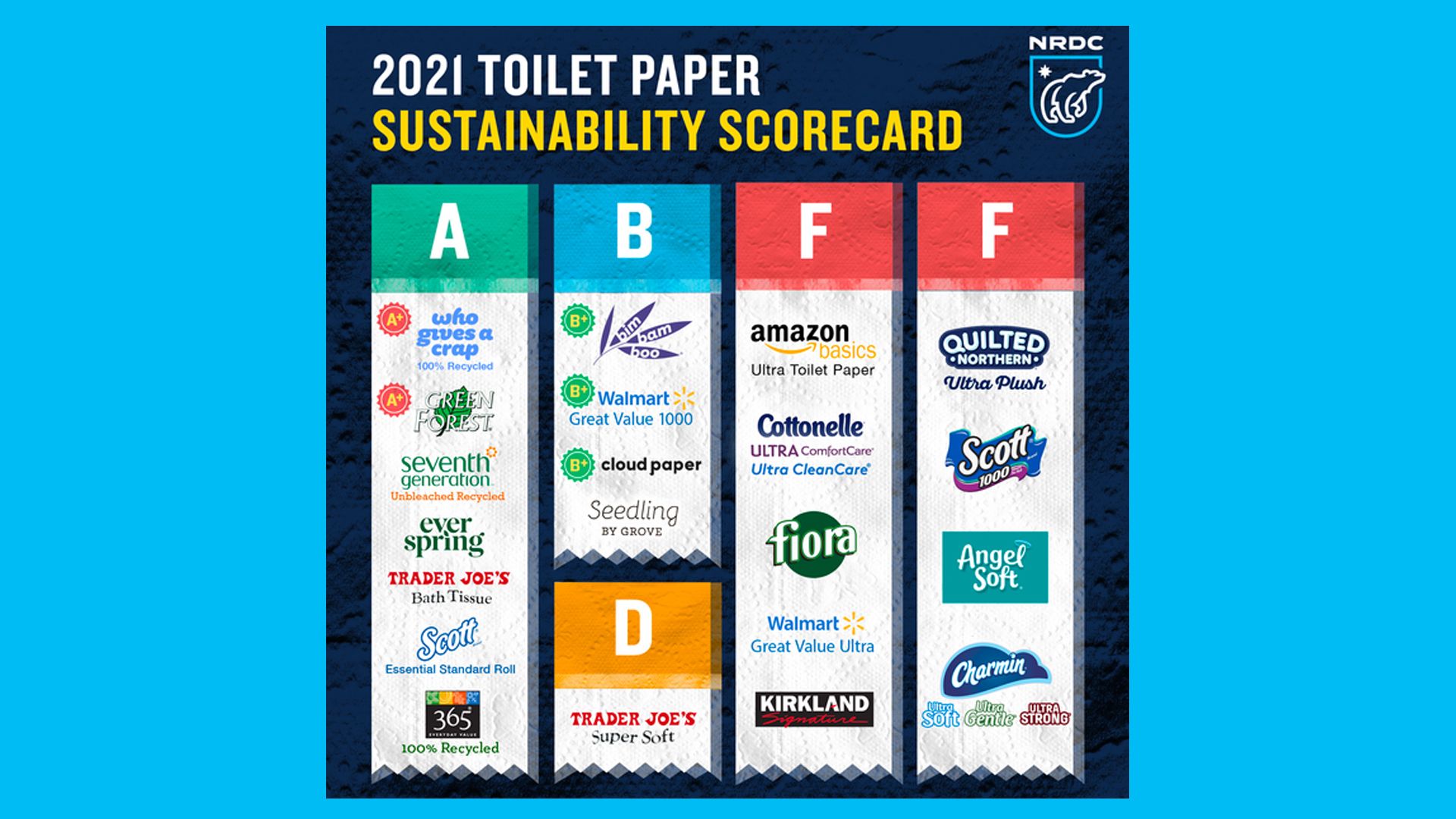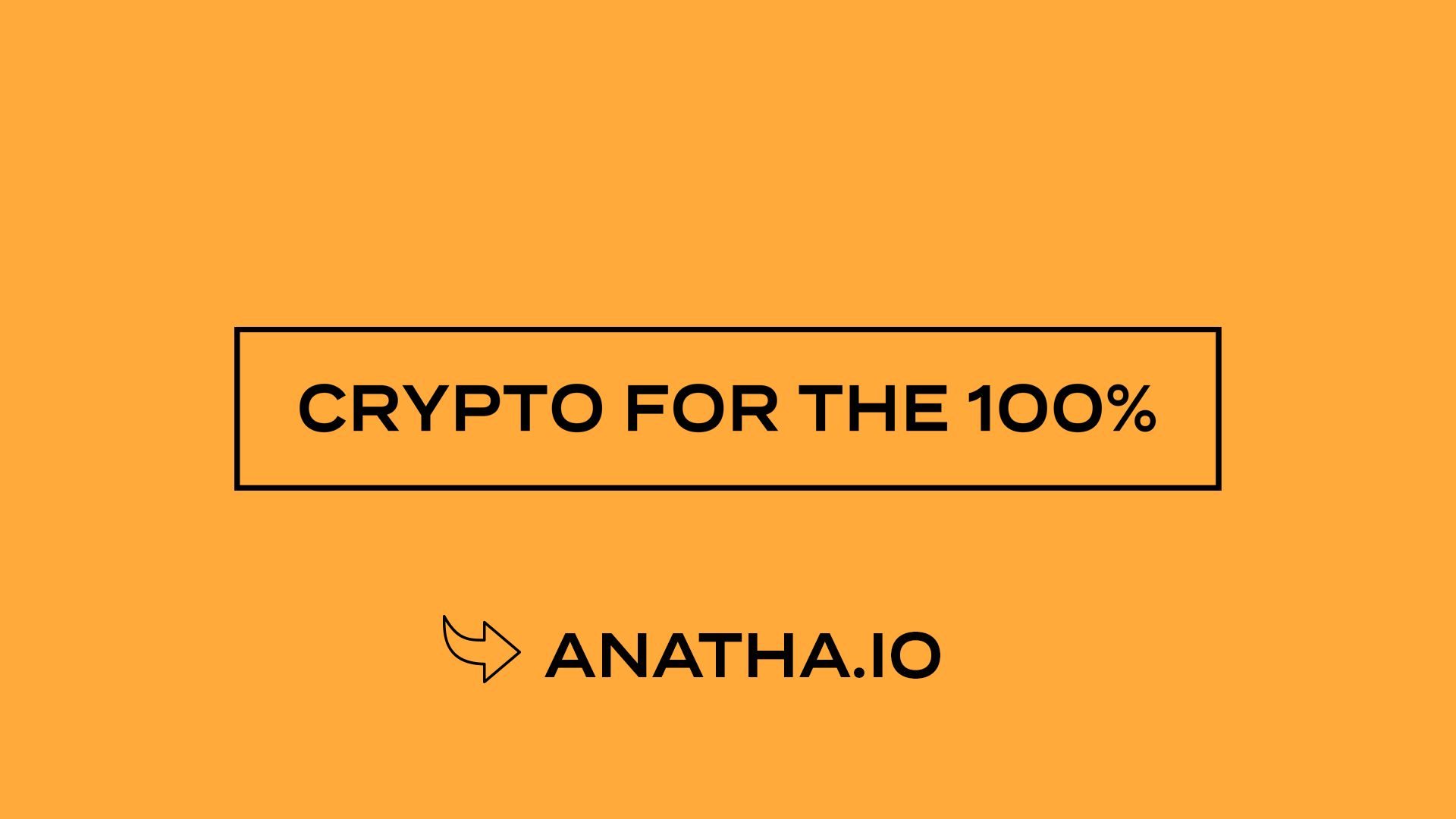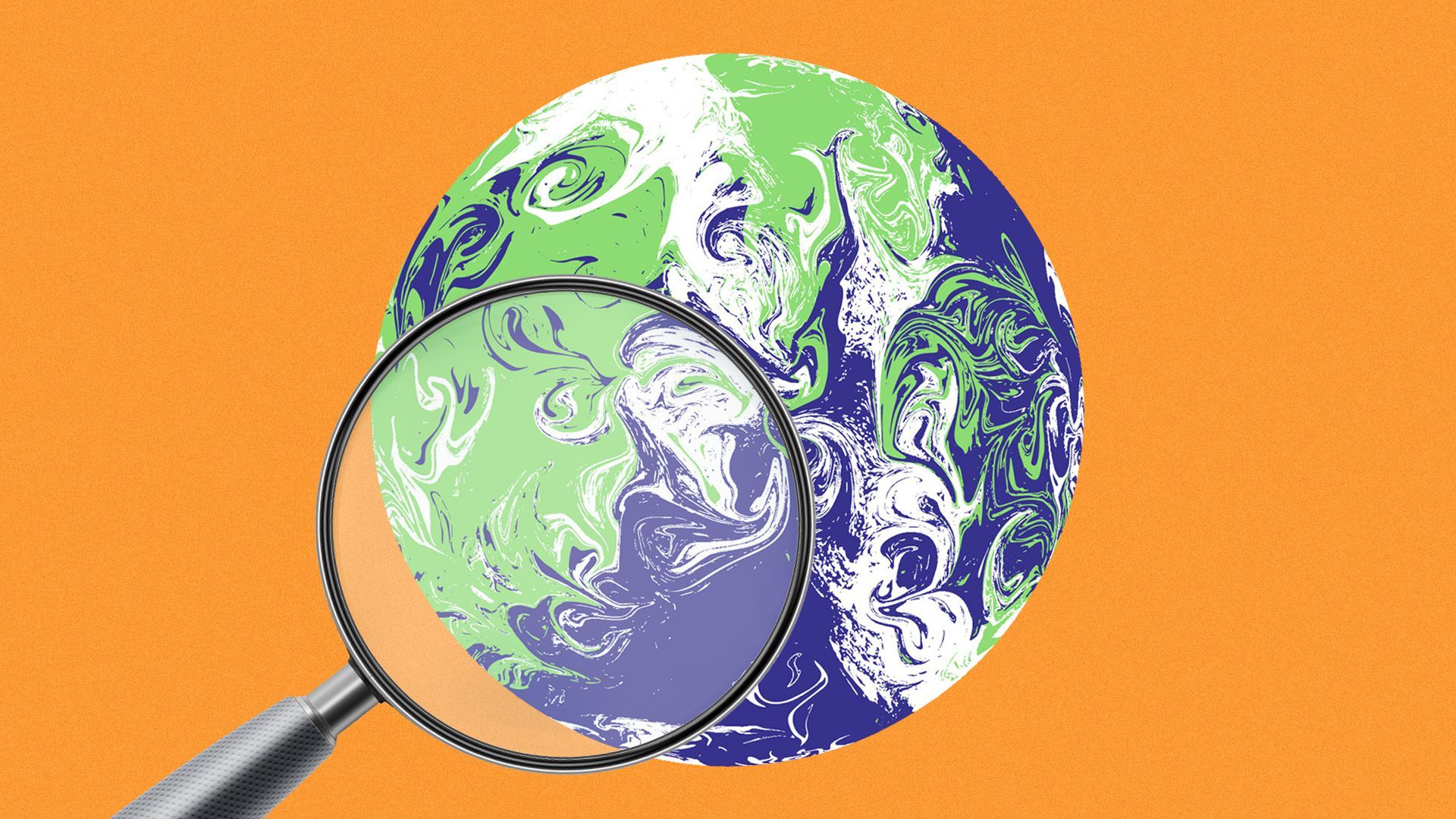| | | | | | | Presented By Anatha | | | | Axios What's Next | | By Jennifer A. Kingson, Joann Muller and Erica Pandey ·Sep 21, 2021 | | Everything from Bratz dolls to video game consoles to cranberry sauce could be harder to get your hands on this fall (for better or for worse), as the pandemic persists in making global supply chains go kerflooey, Jennifer A. Kingson explains. - In happier news, today's What's Next photo contest winner is Robert J. Foster, who got to see the late Christo and Jeanne-Claude's wrapped Arc de Triomphe up close before it closes Oct. 3.
- Please "Be Like Robert" and send us a photo for the newsletter! It can capture a trend, a mood, a glimpse of gravitas or a personal velleity: whatsnext@axios.com.
Today's Smart Brevity count: 1,057 words ... 4 minutes. | | | | | | 1 big thing: Hey dude, where's my stuff? |  | | | Illustration: Aïda Amer/Axios | | | | Brace yourself: It's going to be hard to find everything — not just your favorite holiday foods and hot toys and gifts but also basic staples like coffee and footwear — because of supply chain problems that will likely persist at least through next spring, Jennifer reports. Why it matters: Scarce resources will likely lead to more scuffles among shoppers in brick-and-mortar stores, fewer deals for Black Friday and online price wars that could threaten the livelihood of already-suffering retailers. Driving the news: Stores of all sizes and specialties are already trying to hoard things in warehouses — from turkeys, stuffing and cranberry sauce to Halloween decorations, video game consoles and those chic fleecy sweaters that everyone seems to want. Record numbers of cargo ships are bobbing off key ports like Long Beach and Los Angeles in California waiting to be unloaded, due to pandemic restrictions, labor shortages and record-high prices for Chinese shipping containers. And big-box retailers are taking matters into their own hands. - Walmart is chartering its own vessels so it won't be at the mercy of overstrapped vendors — and some of those charters are deliberately small enough to be able to unload at secondary ports where there aren't such big backups.
- Home Depot "has reserved its own ship, bought merchandise on the spot market and flown in power tools as it copes with supply chain headaches," per CNBC. President and COO Ted Decker told CNBC it marked "the first time that the company has taken such a step."
- Lululemon is adding extra air shipments to try to sidestep overburdened ports.
State of play: MGA Entertainment and Basic Fun, the huge toy distributors behind LOL Surprise! dolls, Little Tikes, Bratz dolls, Tonka trucks, Fisher-Price toys, K'nex and the like, say that kid-pleasers like these will be scarcer and more expensive, as CNN reported. - "There is going to be a major shortage of toy products this year," MGA Entertainment CEO Isaac Larian told CNN Business.
- "Everyone is crossing their fingers that this works itself out by spring of 2022," but there are no guarantees, says Brittain Ladd, chief supply chain and marketing officer of Kuecker Pulse Integration (KPI), which helps companies like Amazon, CVS and Walgreens automate supply chains and fulfillment centers.
The bottom line: "What I hope consumers have already started to do is shop," Ladd tells Axios. - "I don't think they should put their hopes into the big toy or the big fashion item that could arrive. The attitude should be, 'Let's not be as picky as maybe we've been in the past few years. Let's be happy with what we can find."
Read the full story. |     | | | | | | 2. Airbnb CEO Brian Chesky to herald "travel revolution" |  Data: TSA; Chart: Jared Whalen/Axios Airbnb CEO Brian Chesky will argue this week that the world is undergoing a "travel revolution," in which some parts of the industry stay shrunk but the sector ultimately comes back "bigger than ever," Axios co-founder Mike Allen writes. Why it matters: Chesky, who faced the abyss when the world shut down last year, foresees a significant shift in how people move around, with more intentional gatherings of family, friends and colleagues — even if routine business travel is never what it once was. Driving the news: Chesky will unveil his "revolution" this week at the Skift Global Forum, a gathering of travel industry leaders (in-person, of course — vaccinated-only, near JFK airport). Among Chesky's top points: - Travel will be back bigger than ever — just not like it was in 2019. People have been isolated on a scale and for a duration never seen before, and want to come together.
- The flexibility created by remote work is driving this shift. Zoom is the latest to disrupt travel, following revolutions by steam engines, mass-produced cars and commercial air travel.
Read the full story. |     | | | | | | 3. The things we don't know about our toilet paper |  | | | Image courtesy of the National Resources Defense Council | | | | Soft? Quilted? Strong? The familiar adjectives from the supermarket aisle play no role in the National Resources Defense Council's annual toilet paper scorecard, which uses environmental yardsticks to judge what the industry so gently describes as bathroom tissue, as Jennifer writes. Why it matters: Consumers who pick products based on their green credibility will be troubled to learn that big-name brands (which are often cheaper) get poor marks compared with startups that typically cost more. Details: The NRDC says that Procter & Gamble remains "stuck in the past" and uses "zero recycled content in their toilet paper, instead relying on ancient trees clear-cut from the Canadian boreal forest." - Brands like Charmin, Cottonelle and Angel Soft "are made from virgin forest fiber," the NRDC says.
My thought bubble: It would be hard to overstate the memorability of this New York Times exegesis on toilet paper. My fave take-away: - "We [Americans] use more toilet paper than Europeans because we're in the habit of bunching up a wad of it rather than unspooling a few sheets and neatly folding them. Roughly 70 percent of us bunch, while 90 percent of them fold."
Read the full story. |     | | | | | | A message from Anatha | | Universal Basic Income. Now available for download | | |  | | | | What if UBI could pay for itself? What this means: ANATHA is a new kind of cryptocurrency that connects people to real value. Our goal? A regenerative income that can lift millions out of poverty and strengthen our economies as a whole. Learn more. | | | | | | 4. First look: Real estate firms invest $140 million in climate tech |  | | | Illustration: Annelise Capossela/Axios | | | | Large real estate companies are putting $140 million into a climate tech fund that aims to help decarbonize the sector, according to an announcement Monday morning from the venture firm Fifth Wall, writes Axios' Andrew Freedman. Why it matters: The funding round, which includes some of the largest players in the industry, signals growing momentum toward backing new technologies needed to slash carbon emissions to net-zero by midcentury and achieve negative emissions thereafter. Details: The fund aims for a total raise of $500 million, and it plans to invest in mainly early-stage businesses, Brendan Wallace, co-founder and managing partner, told Axios. - "Real estate is kind of this massive industry when it comes to climate change, but at the same time we haven't seen the industry commit a significant amount of capital to the tech that's required to decarbonize it," Wallace said.
Context: The real estate sector is a significant player when it comes to climate change. According to the U.N. Environment Program, the buildings sector accounted for 38% of all global energy-related carbon dioxide emissions in 2019. Read the full story. |     | | | | | | 5. Reader photo of the day |  | | | Photo: Robert J. Foster | | | | What's Next: More show-stopping public art Robert J. Foster writes: "Wrapped for 2 weeks, created by Christo, managed by his nephew Jonathan Henerey, every detail meticulously planned by Christo before his death, stunning, creative. "We were in Paris on a tour with the New York Metropolitan Museum of Art. Wonderful group. We were the only Canadians — first-class experience." |     | | | | | | A message from Anatha | | Anatha is crypto for the 100% | | |  | | | | ANATHA is a new kind of cryptocurrency built on the radical belief that economic systems should serve everyone. We decentralize the flow of money, connecting people to real value on a platform that is 100% accessible to 100% of everybody. Learn more. | | | | Thanks for reading! Please tell everyone to sign up for Axios What's Next, |  | | It'll help you deliver employee communications more effectively. | | | | | | Axios thanks our partners for supporting our newsletters. If you're interested in advertising, learn more here.
Sponsorship has no influence on editorial content. Axios, 3100 Clarendon Blvd, Suite 1300, Arlington VA 22201 | | | You received this email because you signed up for newsletters from Axios.
Change your preferences or unsubscribe here. | | | Was this email forwarded to you?
Sign up now to get Axios in your inbox. | | | | Follow Axios on social media:    | | | | | |









No comments:
Post a Comment